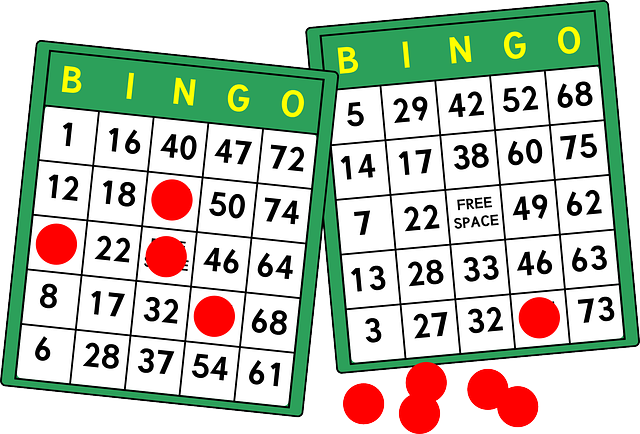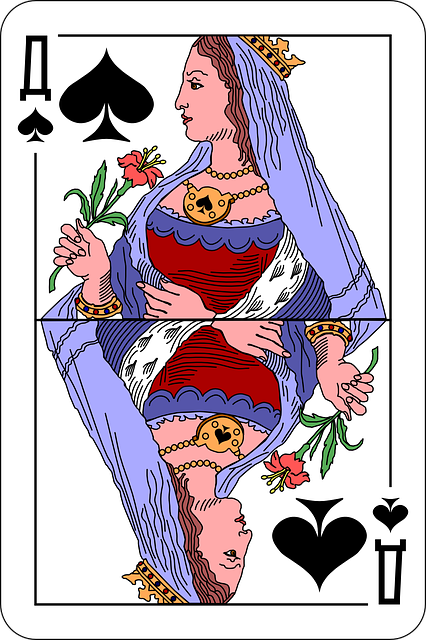The Gambling Laws EU represent a comprehensive and evolving regulatory framework, driven by member states' commitment to a safe, transparent gaming environment. These laws, shaped by each country's jurisdiction while maintaining EU consistency, prioritize consumer protection and fair competition through licensing, age restrictions, deposit limits, and responsible gaming initiatives. The European Commission and the European Gaming and Betfair Association play pivotal roles in proposing and influencing policy, ensuring online gambling falls under both national and EU oversight to prevent unauthorized operations and address problem gambling.
“Gambling Laws EU: Navigating a Complex Regulatory Landscape”
The European Union’s gambling regulations form a complex web, balancing economic freedom with consumer protection. This article offers an in-depth overview of the general framework and jurisdiction governing gambling across the EU, highlighting key players such as the European Commission and national authorities. We explore the permitted forms of gambling, both online and offline, from legalized land-based casinos to remote betting. Furthermore, we delve into challenges like regulatory gaps, harmonization debates, and the rise of digital gambling, suggesting potential future reforms for this dynamic sector.”
- Overview of Gambling Regulations Within the EU
- – General framework and jurisdiction
- – Key governing bodies and their roles
Overview of Gambling Regulations Within the EU

The Gambling Laws EU have evolved significantly over the years, reflecting the region’s commitment to fostering a balanced and regulated gaming environment. Each member state plays a crucial role in shaping these regulations, while also ensuring consistency across borders. This decentralized approach allows for cultural nuances and local preferences to be considered while maintaining fairness and consumer protection.
At the heart of these laws lies a focus on mitigating risks associated with gambling, such as problem gambling and money laundering. Licensing requirements, age restrictions, deposit limits, and responsible gaming initiatives are common themes across the EU. These measures aim to create a transparent and accountable gambling sector, ensuring that operators adhere to strict standards while offering players secure and fair experiences.
– General framework and jurisdiction

The Gambling Laws EU establish a comprehensive regulatory framework for the gambling industry across member states. This general framework ensures consistency and protects consumers while promoting fair competition. Each EU country has its own jurisdiction over gambling, with national laws dictating licensing, operation, and monitoring of gambling activities. However, certain aspects, such as online gambling, often fall under European Union legislation to ensure a uniform approach across borders.
The EU’s regulatory authority aims to balance the interests of governments, operators, and players. Licensing requirements, for instance, are designed to prevent unauthorized operations and ensure compliance with local and European standards. This hierarchical structure allows for both national oversight and adherence to broader EU principles, fostering a safe and transparent gambling environment across the region.
– Key governing bodies and their roles

In the realm of Gambling Laws EU, several key governing bodies play pivotal roles in shaping regulations and ensuring compliance. The European Commission (EC) stands as a central authority, proposing and initiating legislation that harmonizes gambling across member states. This is essential given the free movement of people and services within the EU, aiming to create a level playing field while protecting consumers.
The European Gaming and Betfair Association (EGBA) is another influential entity, representing online gaming operators and contributing to policy discussions. They advocate for fair regulations that support legitimate businesses while addressing concerns related to problem gambling. In tandem, national regulatory bodies in each EU country oversee local gambling operations, licensing and enforcing rules specific to their jurisdiction, thereby aligning with the broader EU framework.
The Gambling Laws EU provide a complex yet essential regulatory framework that ensures fair play, consumer protection, and organized gambling across member states. With diverse jurisdictional approaches and multiple governing bodies, these laws adapt to the dynamic nature of the industry while maintaining order and preventing illicit activities. Understanding this landscape is crucial for both industry participants and consumers navigating the EU’s vast and varied gaming market.






